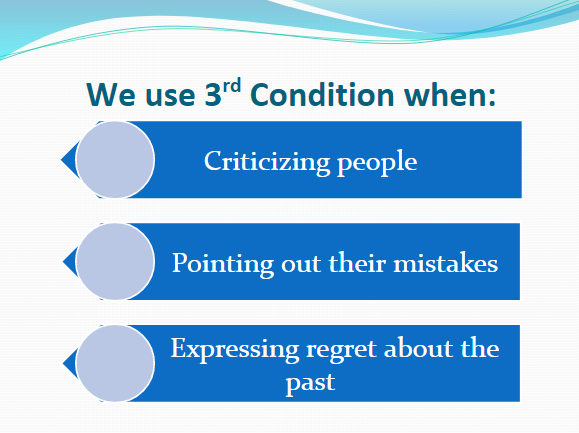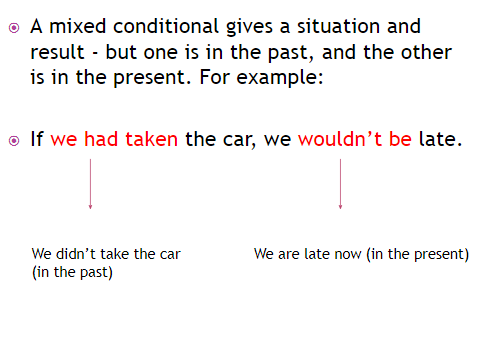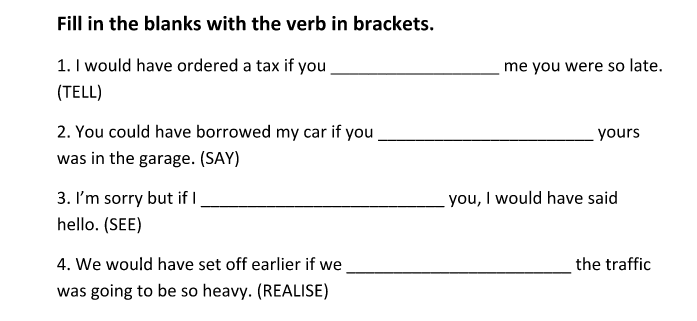Teaching advanced learners can be challenging for the teachers as well as students, as the grammar is quite complicated.
If you are not aware all children that come to LuckyKids do a level test on the first day, if they score over 31 (out of 35), then they are advanced students.
When we say advanced, that means they are Upper Intermediate and above or C1 or C2 in modern terms.
The test also involves questions and answers to verify that they are the same level as their test results, because the test is multiple choice, some students guess and sometimes guess correctly, so the results are not a hundred percent accurate; but close enough. That is why we also do a speaking test with them to confirm their level.
Once we establish that they are advanced, they are put into the top class at LuckyKids, sometimes there are only two advanced students in an intermediate class so they usually work on different grammar. LuckyKids summer camp is for children fourteen or under so having large amounts of advanced students is rare; however we have had a class of just advanced this year for the first time.
On the first day of lessons, which is actually the second day of camp, in the first half of the educational session, advanced students are taught the third and mixed conditionals. We first use a PPT Presentation to teach them or recap if they have studied it before, the third conditional.

(The above image is just one slide from the third conditional presentation)
Once the presentation is over, the teacher would put third conditional questions to the students to confirm understanding of this grammar. When the teacher confirms understanding he or she will then do a mixed conditional PPT Presentation.

(A slide from mixed conditional PPT)
The teacher will also do a mixed conditional question and answer session to confirm this grammar point is understood. Afterwards the children do the exercises and then they are gone through as a group or class and more discussions take place.
Why only the third and mixed conditionals? What about the first and second? These are just a few questions you might have right now. Well the first and second are a lot easier to learn and most advanced students already know these, the third and mixed conditionals are quite confusing for learners of English so these are vital to learn and to do more exercises on or do a recap if they have learnt them before.
Here is a glance at one of the exercises:

In the second half of the lesson, this part of the lesson is the ‘Theme’ part of the lessons, where a certain subject is taught or researched. In the last session, or camp this year it was about Health and Nutrition, so the advanced group has to do a presentation on ‘Why is all food good?’, so they had to do a lot of research too. On the first day of lessons this part is introduced and explained to children what the purpose is, what they have to do etc. and most find this part of the lessons interesting and fun.
Advanced students are taught using an interactive room, the top classes are taught using Tablets and Google drive, so some computer skills are also taught. Children at LuckyKids are also taught how to make and do presentations using Google slides and doing them on the interactive board. Google Slides is similar to Microsoft Power Point and has the same features. Google Slides has less backgrounds but more can easily be downloaded or added. When downloading a Google Slides presentation, you have to download it as a Microsoft Power Point Presentation; they are easily converted when adding them to a drive or vice versa. Another advantage of using Google is that it auto saves your work when working, not like Word or Power Point, children find this a great feature and are introduced to things and ways of working that they never thought were possible. Sharing files and working on them remotely is also taught, students work on the same presentation simultaneously but on separate Tablets, this gives them a new perspective to work with in future.
All children make and do a presentation at LuckyKids, but the advanced students have to focus on presenting it properly, so more focus is put on the conversational side of presentations; or the skills side of presentations, whereas the younger children are taught more about creating presentations (computer skills, making slides). Advanced students already know, or most already know how to make presentation slides, so more focus is on presentational skills, teachers use presentations by well-known presentational experts like Steve Jobs, Scott Harrison and Nancy Duarte as examples, they show a short video clip from one presentation and discuss it, this helps the children to remember what the presenter did, or how they did it. Some teachers actually do a presentation in class and show them how to do one properly and what is expected of them when the children do their presentation.
Teaching presentational skills helps build confidence and comfort-ability in use of English, doing a presentation alone is not easy for some, but especially when it is in a foreign language can be a very daunting task indeed. Children are encouraged to help each other and build each other’s confidence and to work as a team. Most children come to camp for two weeks, so they have plenty of time to make a presentation and practice it, sometimes several times before the last day, when they are expected to do their presentations properly. All children are given feed-back about their work, not just by the teacher but the other students too.
Advanced students are also taught in the remaining days or lessons, Reported speech; American English and British English differences; Future continuous; Comparatives (despite and although); Relative clauses and Modules of deduction. These are all grammar points that learners of English find difficult at C1 and C2 levels. All these grammar points are taught using presentations and or short videos with conversational reinforcement to make sure they are understood properly before children practice them by way of exercises. These grammar points, if found to be difficult for the students are also revised on a Wednesday. Wednesdays are revision and horse riding days. If a teacher finds that their class has a specific grammar weakness not covered above, they can and sometimes do a lesson on that grammar point instead of revision; sometimes both are covered.

